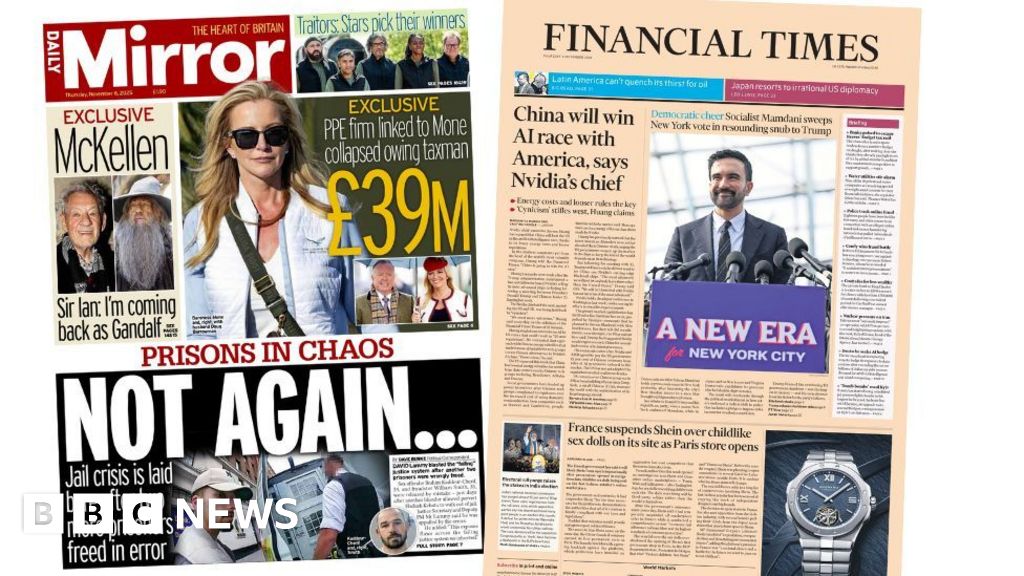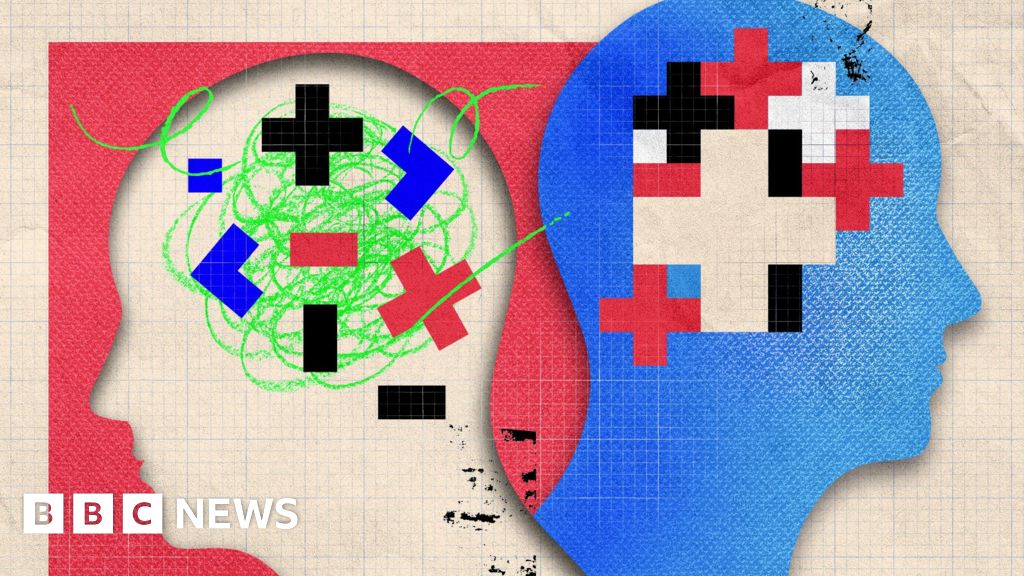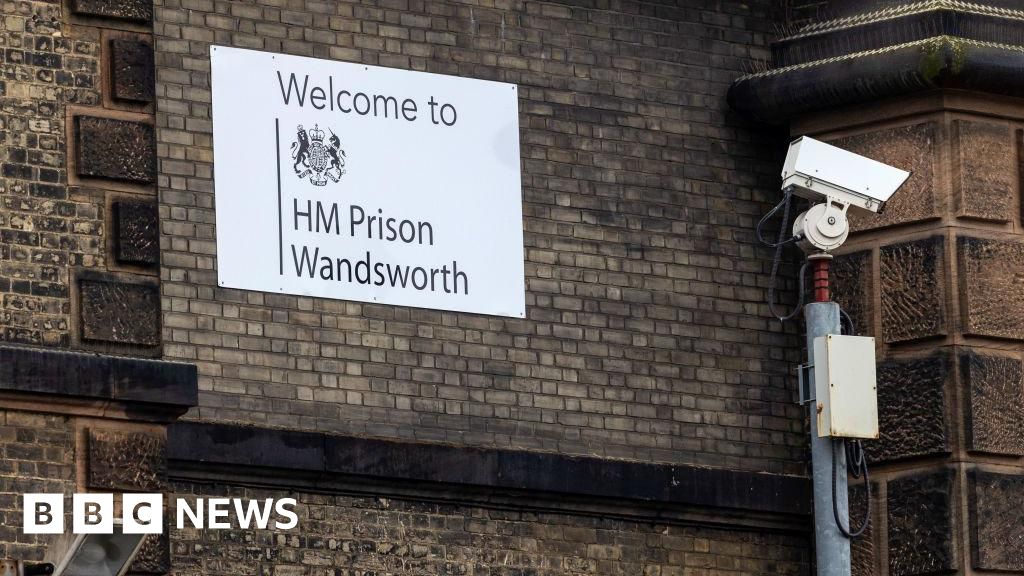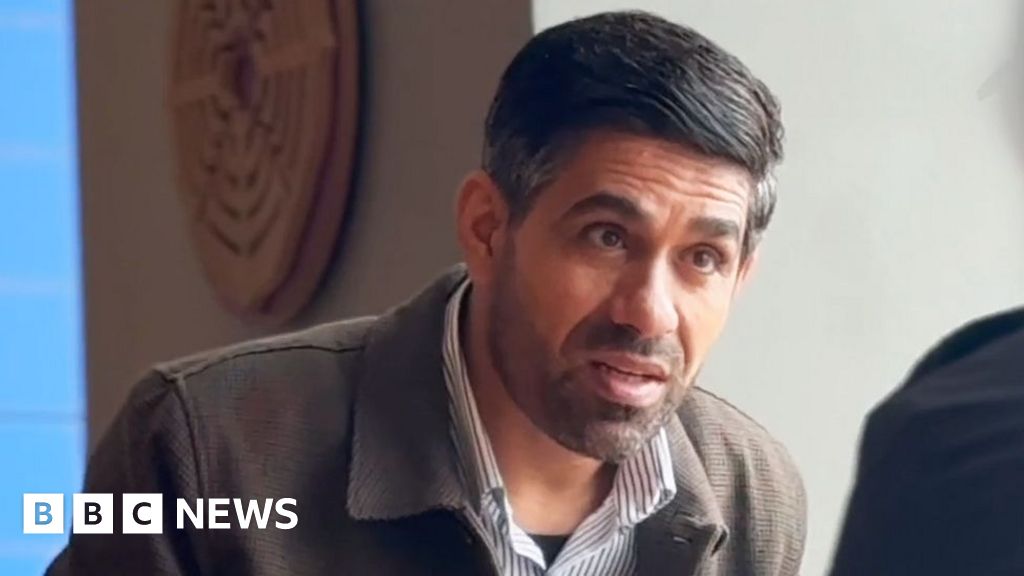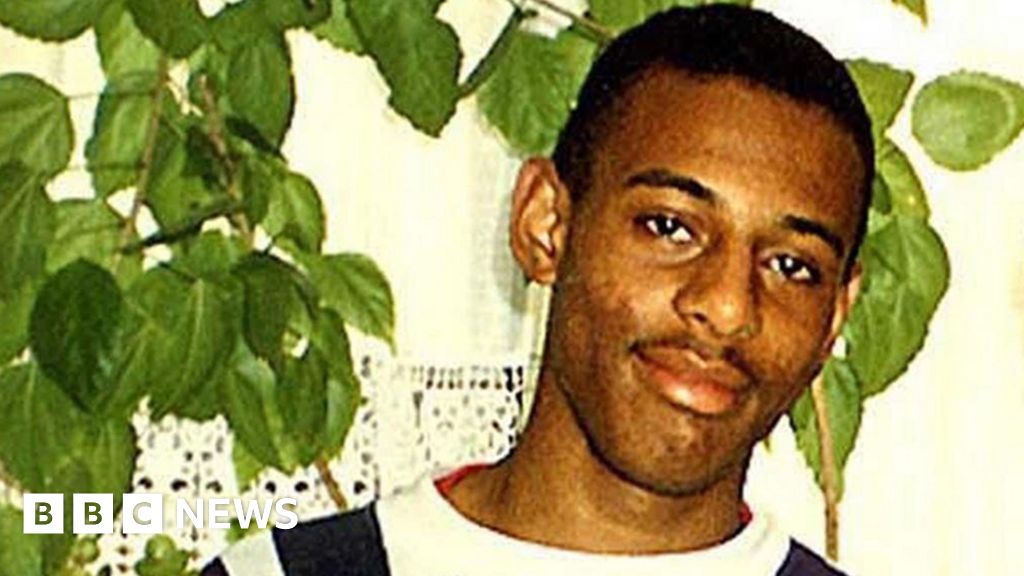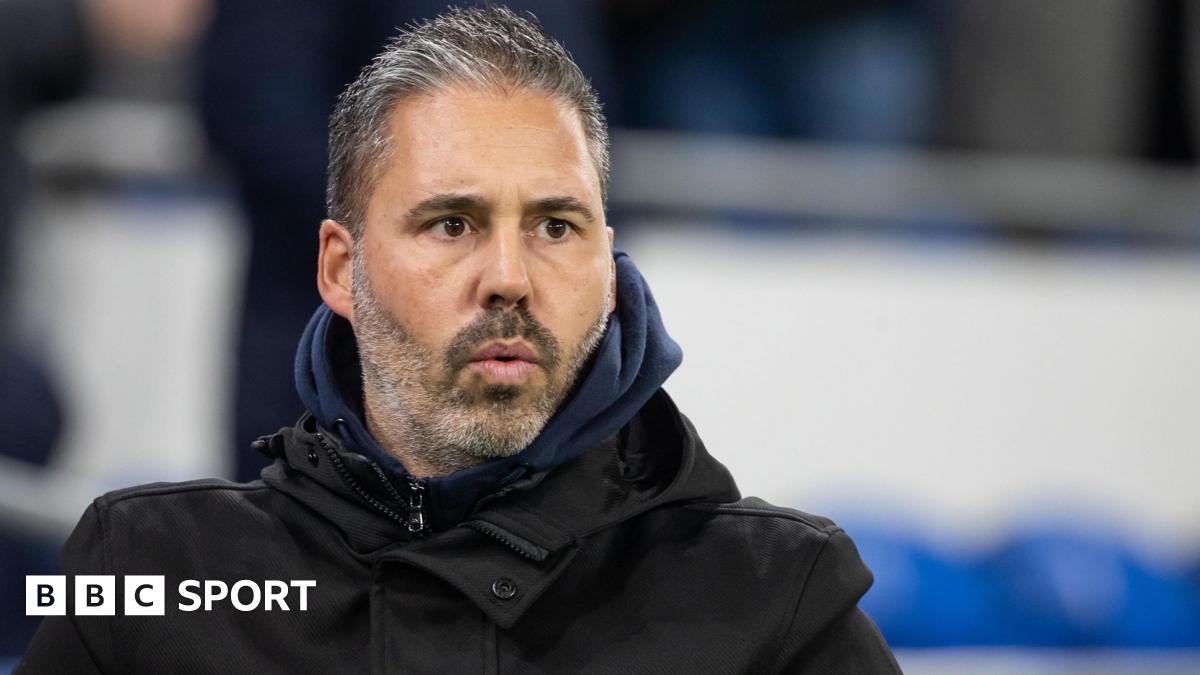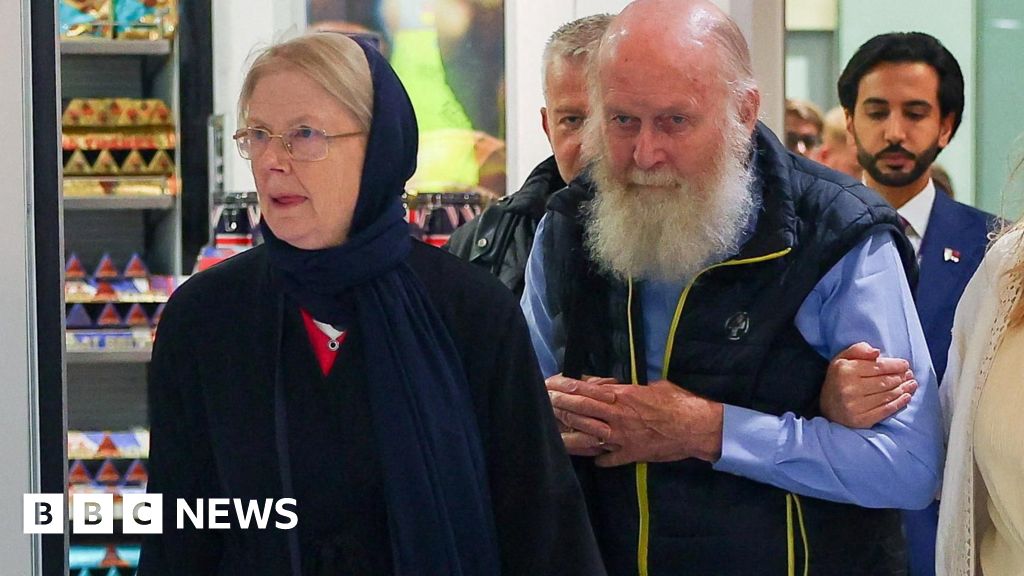Munaza RafiqDisability producer and Nikki FoxDisability correspondent

 British entrepreneur awards
British entrepreneur awards
Josh has not had any support through Access to Work to run his business since July
Josh Wintersgill has been running a successful business selling products to help wheelchair users travel for six years, but its future hangs in the balance.
He's been using the government's Access to Work scheme to help with some of the additional costs of running his company and is afraid that he may lose it after his one-on-one support was slashed by 80%.
The Business Disability Forum (BDF) says businesses and their disabled employees are being "set up to fail," despite the government's ambitions to get 80% of disabled people into the workforce.
The Department for Work and Pensions (DWP) said it was reviewing all aspects of the scheme.

 Contributor handout
Contributor handout
Josh uses his Access to Work grant to help him travel with his support worker
'Really frustrating'
Josh needs physical support with most things throughout the day because of his disability. This includes travelling, overnight stays and packing and shipping customer orders. Without this support he says he would not be able to run his company.
The Access to Work grant was providing him with a support worker five days a week, but on reassessment, it was reduced to one day.
He said: "They're basically with me all the time. They help me in every facet of helping me do my job and without them, I can't do any of that."
Josh has appealed the decision and has not had any support since the start of July, when his grant ran out, despite no change in his personal circumstances.
Under the Access to Work scheme, companies and employees can apply for grants to help support disabled people in the workplace.
The programme can pay employees and businesses for the extra costs associated with being a disabled worker - things that go beyond what is legally required by employers to provide. It covers a range of things like paying for taxis, assistive technology and British Sign Language interpreters.
Disabled people have told the BBC their awards have been significantly reduced, completely taken away and in some cases left them forced to shut their businesses and turn down job offers.
Josh is currently managing by using his own money to keep the business afloat, but says things are "very tight" and he'll only be able to do this for the next few months.
"I'm not getting everything done that I used to get done," he says. "There's so much to do that it's just so hard to stay on top of it... it's just really frustrating."
Josh says Access to Work helped him get into work and set up his own business, but is fearful of what will happen if that is taken away.
"It's scary to think that I'm a disabled entrepreneur, helping disabled people and potentially being deprived of doing that."
- Jobs fears as disability scheme owes businesses thousands
- 'I don't want to live on benefits, I want to work'
- Plans to help benefits recipients into work 'a mess', say DWP officials
"We have a system that's making it very difficult for you to remain in work," he adds.
Campaign group Access to Work Collective was set up in response to problems people were facing when applying or reapplying for grants. Its founder, Dr Shani Dhanda said since July they've amassed almost 4,000 members.
The group recently sent an open letter to the prime minister asking him to take "urgent" action to fix the "broken" scheme.
'Affecting the quality of our work'

 Munaza Rafiq/BBC
Munaza Rafiq/BBC
Lexie needs one-on-one support and says many of her colleagues are worried about losing jobs that were hard to get
The lunchtime rush at the Sea Change in cafe in Sunderland is under way. The social enterprise employs 25 neurodiverse adults and uses Access to Work to support most of them.
Lexie O'Connor has been at the cafe since it opened in 2019. In between customers she explains how working at the cafe has given her confidence and a sense of pride and now trains others on how to work with neurodiverse and disabled staff.
Lexie's reapplication took 10 months to come through and when it did the hours for her one-to-one support worker had been greatly reduced, leaving the business to make up the shortfall.
"A lot of employers in that time physically would not be able to manage keeping people like myself employed," she said.
Lexie says she sees a lot of her colleagues worry about their job prospects because of the problems with Access to Work. The cafe has said it already had to let two members of staff go because support was cut.
"We're worrying so much about it, it's affecting the quality of work that we worked so hard to get to in the first place.
"I feel like places like Sea Change are trying their best, they are fighting for people like me."
'Set up to fail'
Ministers have widely acknowledged Access to Work as a key driver in getting disabled people in work, but in an interview with the BBC, minister for social security and disability, Sir Stephen Timms, said the problem was the "huge numbers of people wanting it", adding they had been struggling "to keep up with the demand".
Spending on the programme increased by 41% in 2023-24 to £257.8m.
In February 2025 about 62,000 applications were waiting to be processed, with 33,000 people awaiting payment, according to the DWP.
A government consultation on Access to Work closed at the end of June with ministers currently reviewing what a new scheme could look like.
Angela Matthews, director of public policy and research at BDF called on the government to make access to work "more efficient and more resourced".
She told the BBC: "Disabled people are set up to fail and so are employers, because disabled people won't get what they need to be able to work and employers won't have the means or the support to provide an inclusive workplace for disabled people."

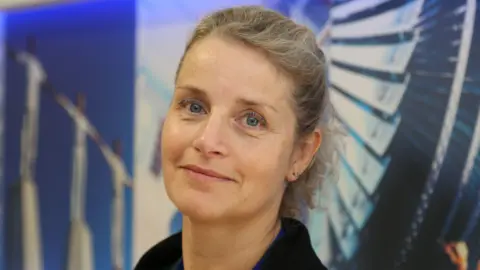 Contributor handout
Contributor handout
Diana says without Access to Work she would not be able to attract and retain disabled staff
Member of BDF, Allianz UK, said despite the size of the insurance business, it had not been immune to the struggles with Access to Work.
Diana Salmon, head of occupational health and safety at the firm, says the biggest issue has been the long waits for awards to be processed. In some cases people are waiting longer than 10 months to start work.
Diana says: "It [the delays] could put people off applying to us... so we do our best but we can't afford really to pick up the high support costs."
She referenced a recent example of a new recruit who left the company shortly after starting the role because it took nearly a year to get specialist equipment in place so they could fully carry out the job.
"We want to provide an inclusive environment, but without timely Access to Work funding for colleagues with complex disabilities, they are potentially being excluded," Diana said.
Diana has herself used Access to Work in a previous job. The money paid for travel costs to visit her team in different locations, which she otherwise wouldn't have been able to do, but said she sees the value in the programme.
"It would be much more difficult for us to attract, recruit and to retain employees with disabilities [without the scheme]," she said.
In a statement the DWP said: "We inherited an Access to Work scheme that is failing both employees and employers, which is why - as part of our welfare reform - we consulted on how it could be improved.
"We are reviewing all aspects of the scheme and will develop future policy with disabled people and the organisations that represent them."
It added there had been "no change in Access to Work policy".
.png)
 1 month ago
24
1 month ago
24










